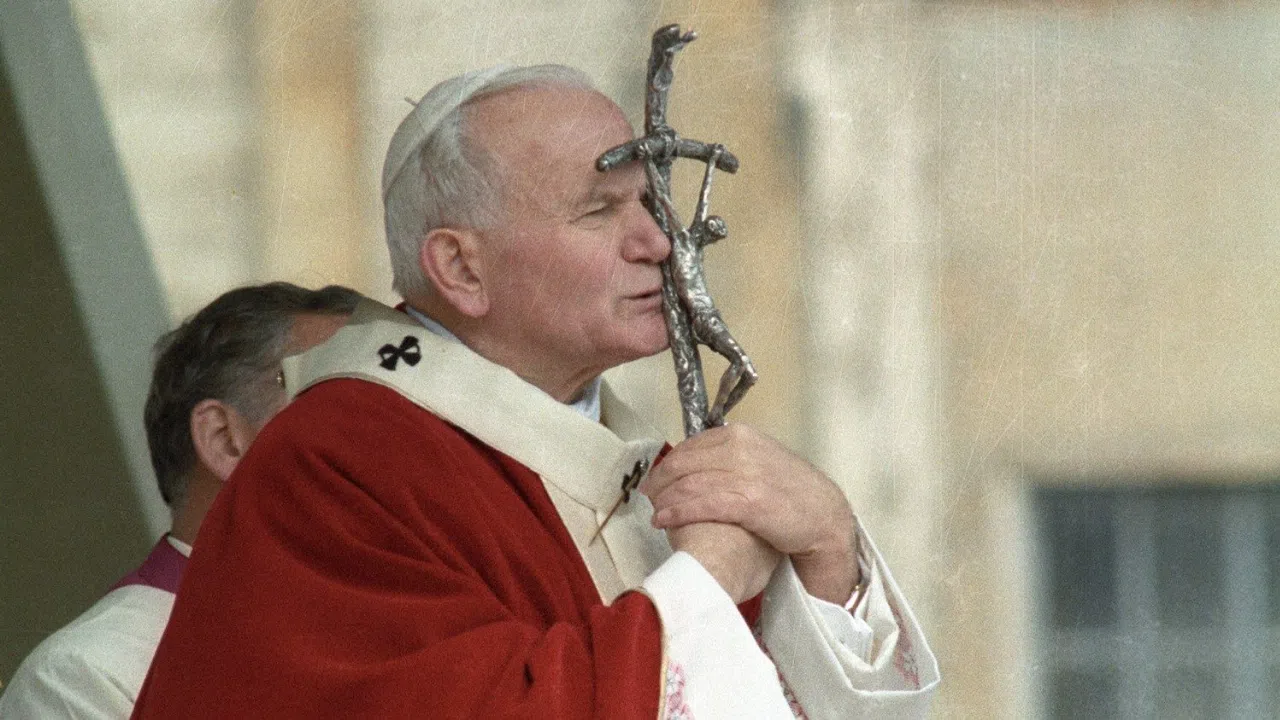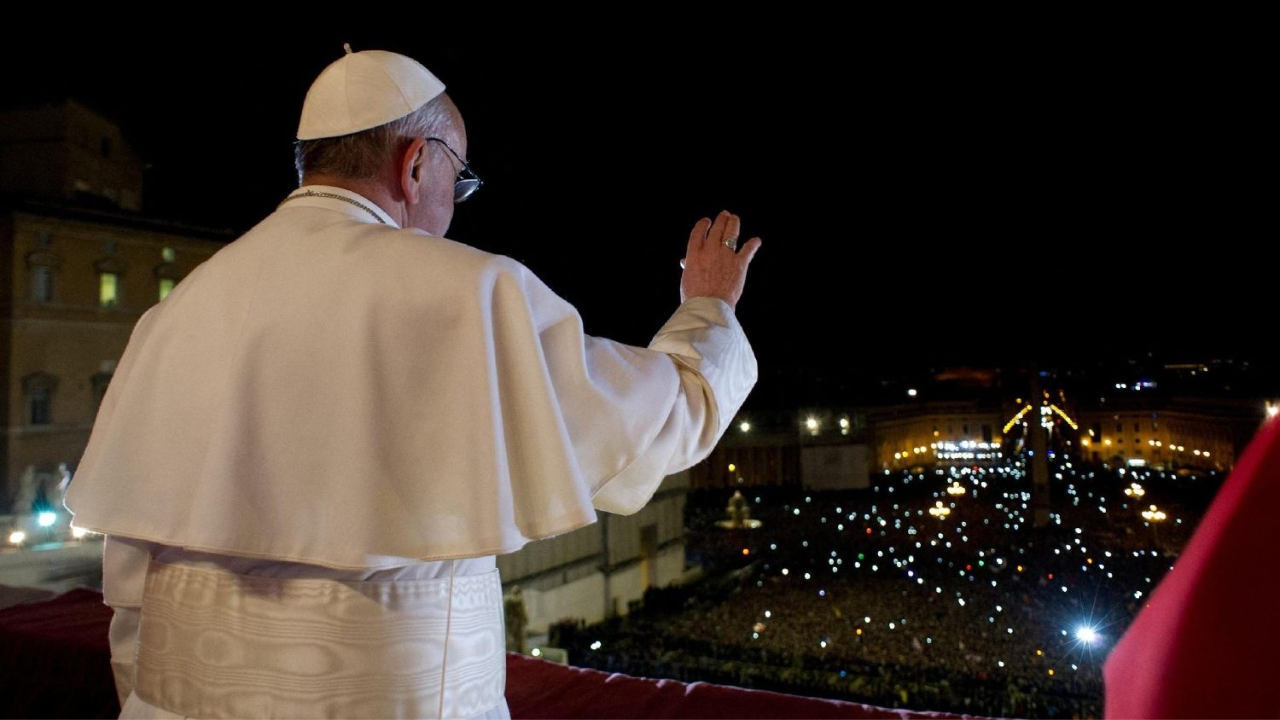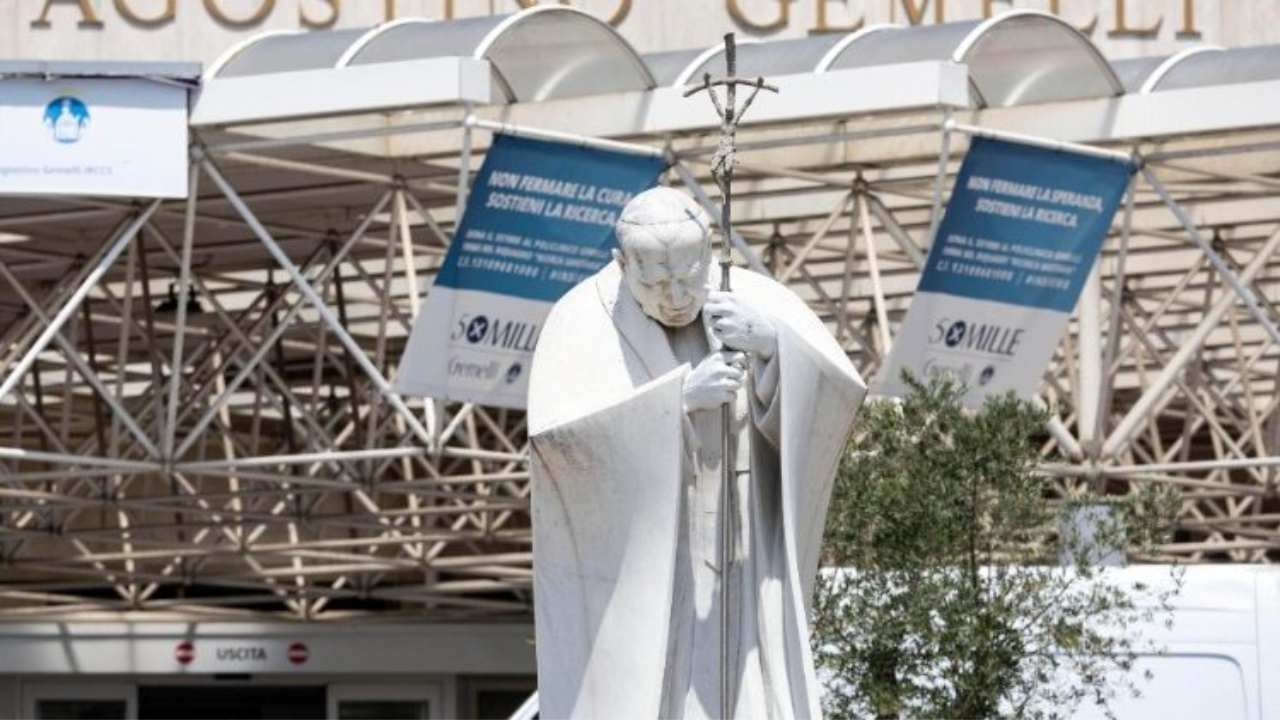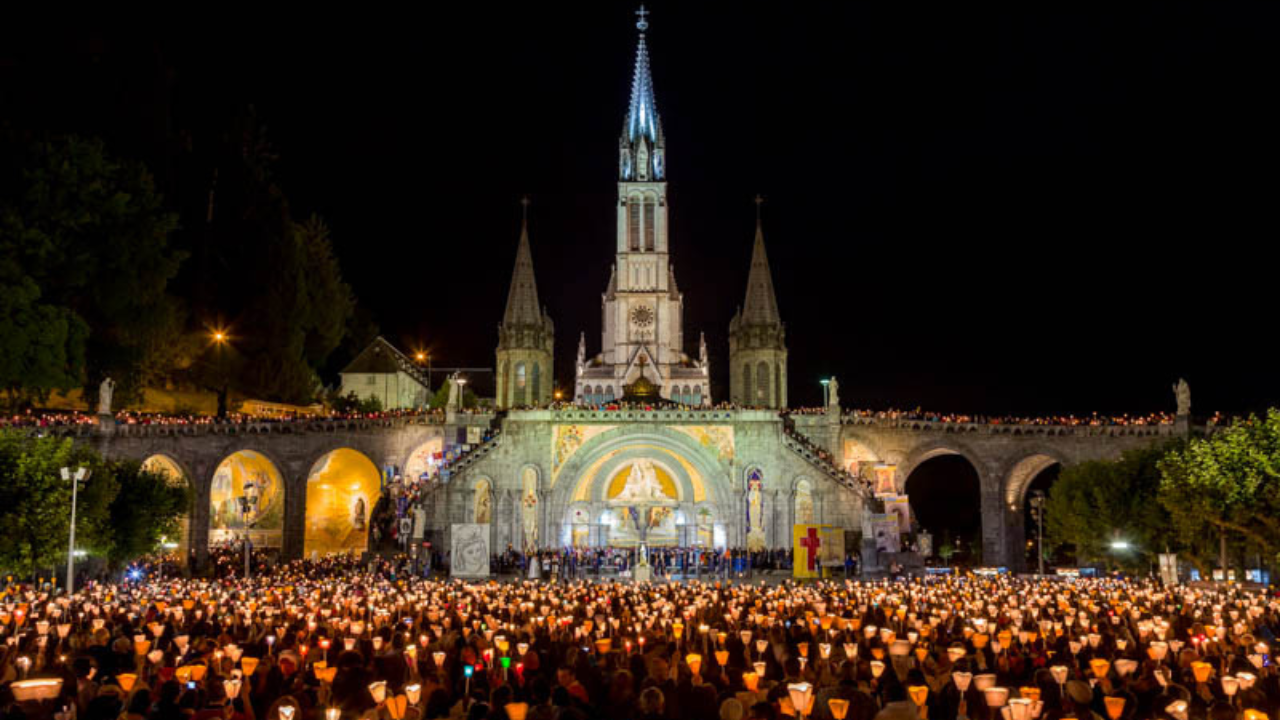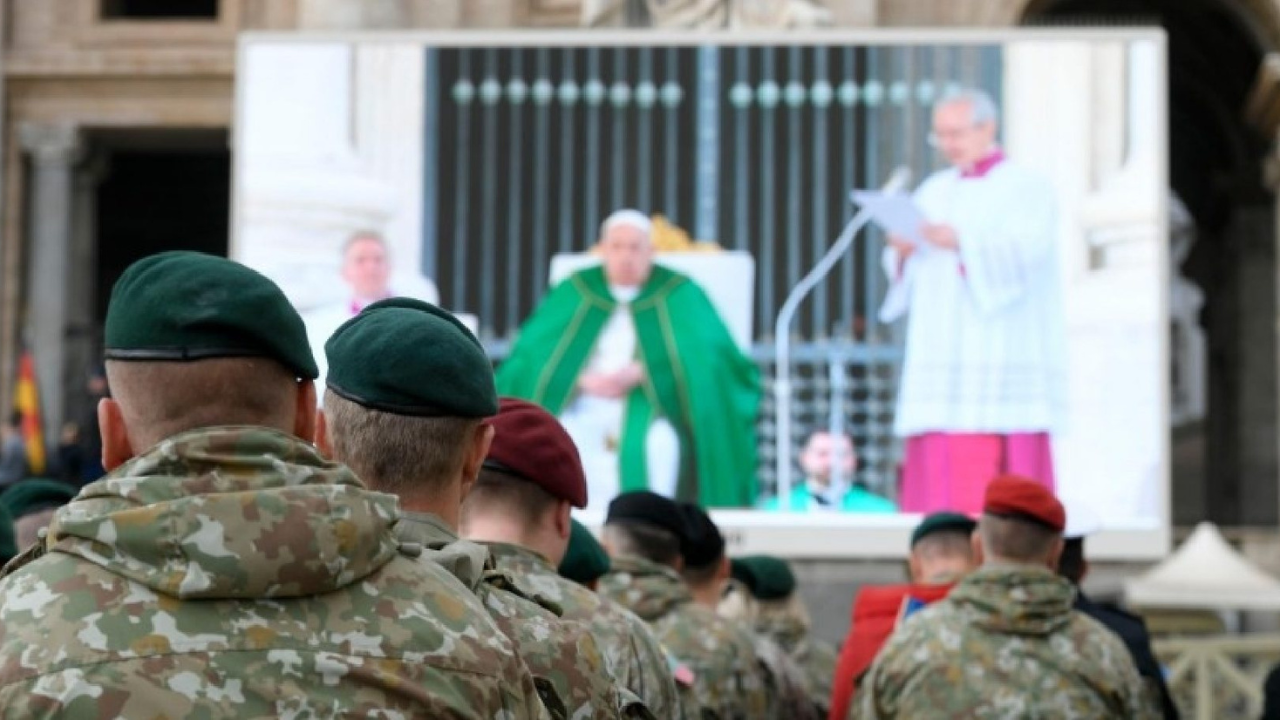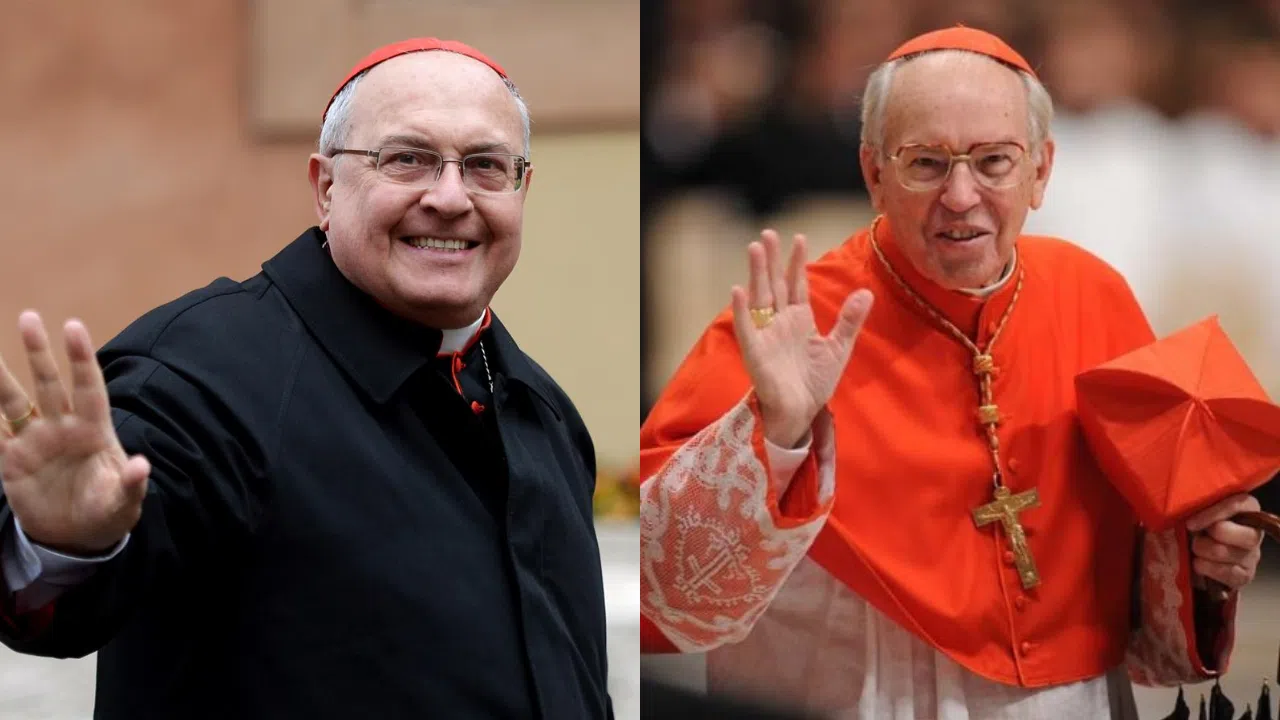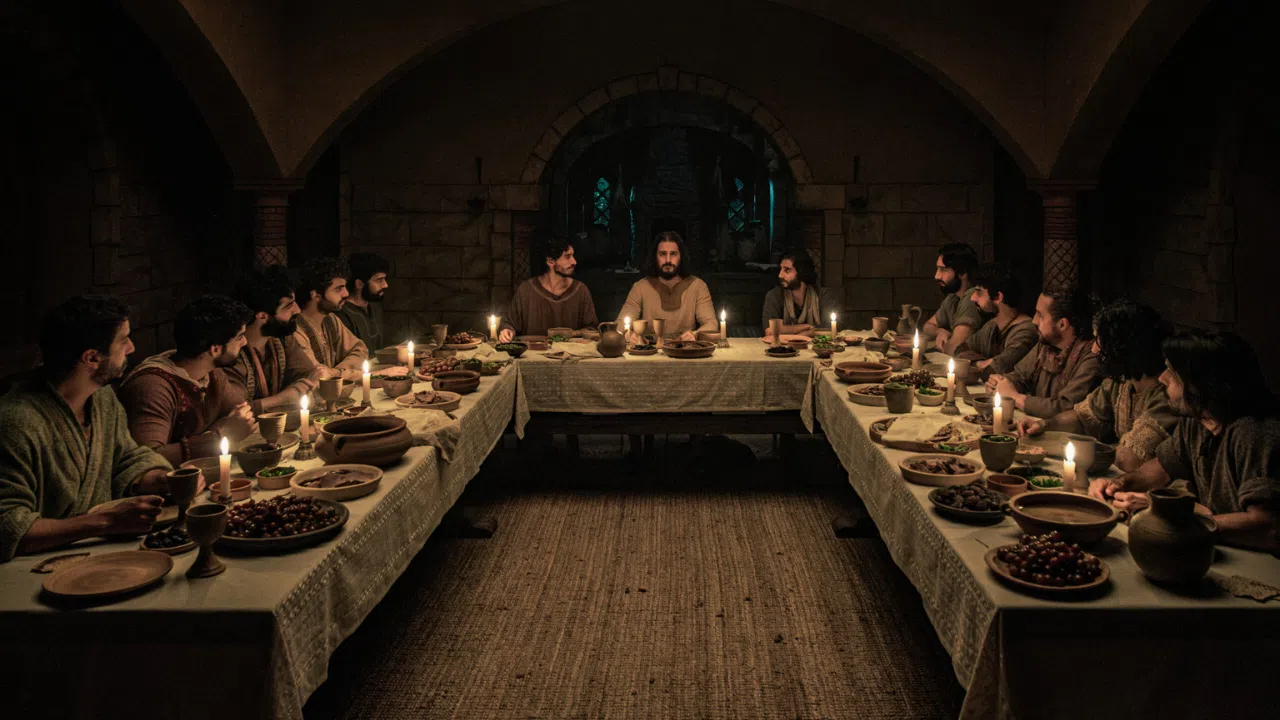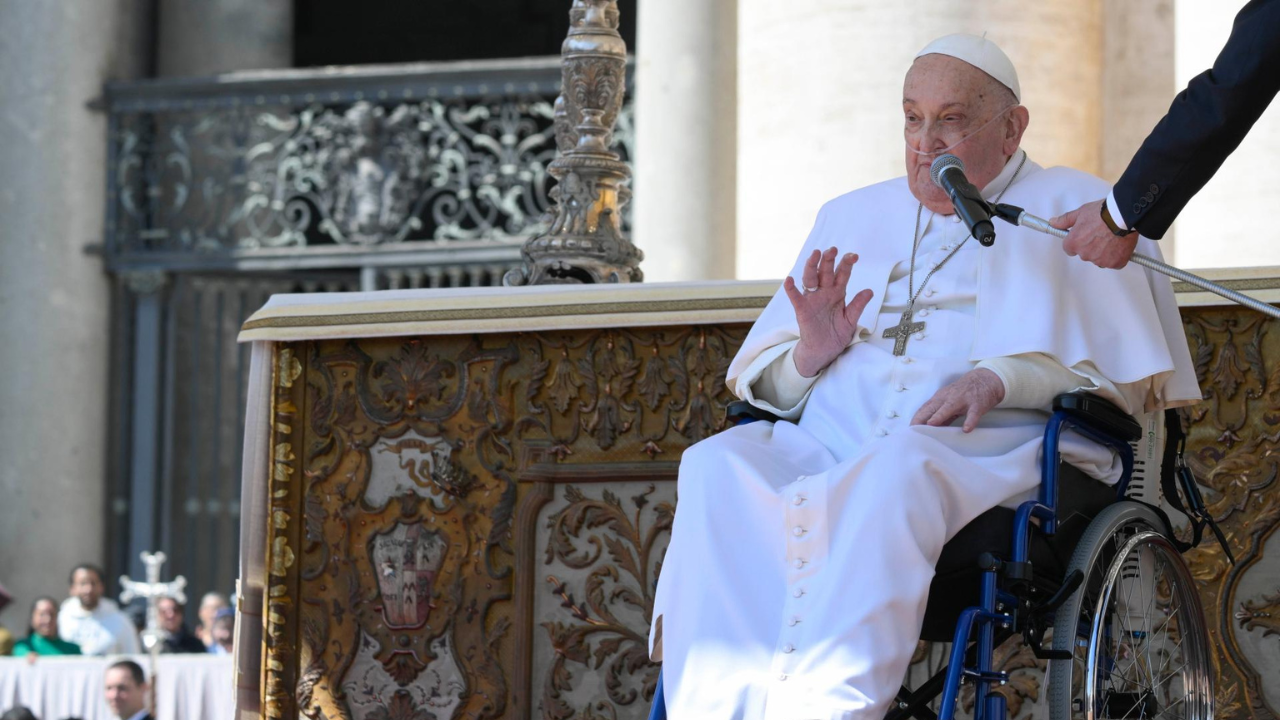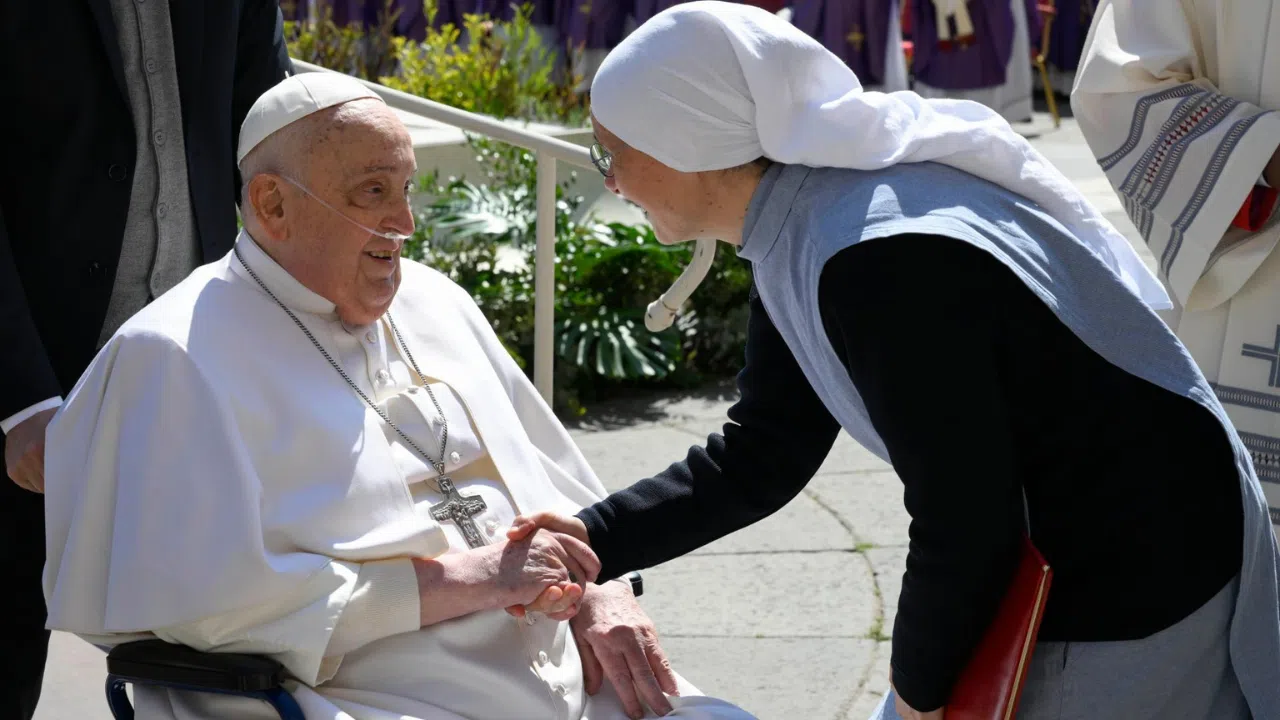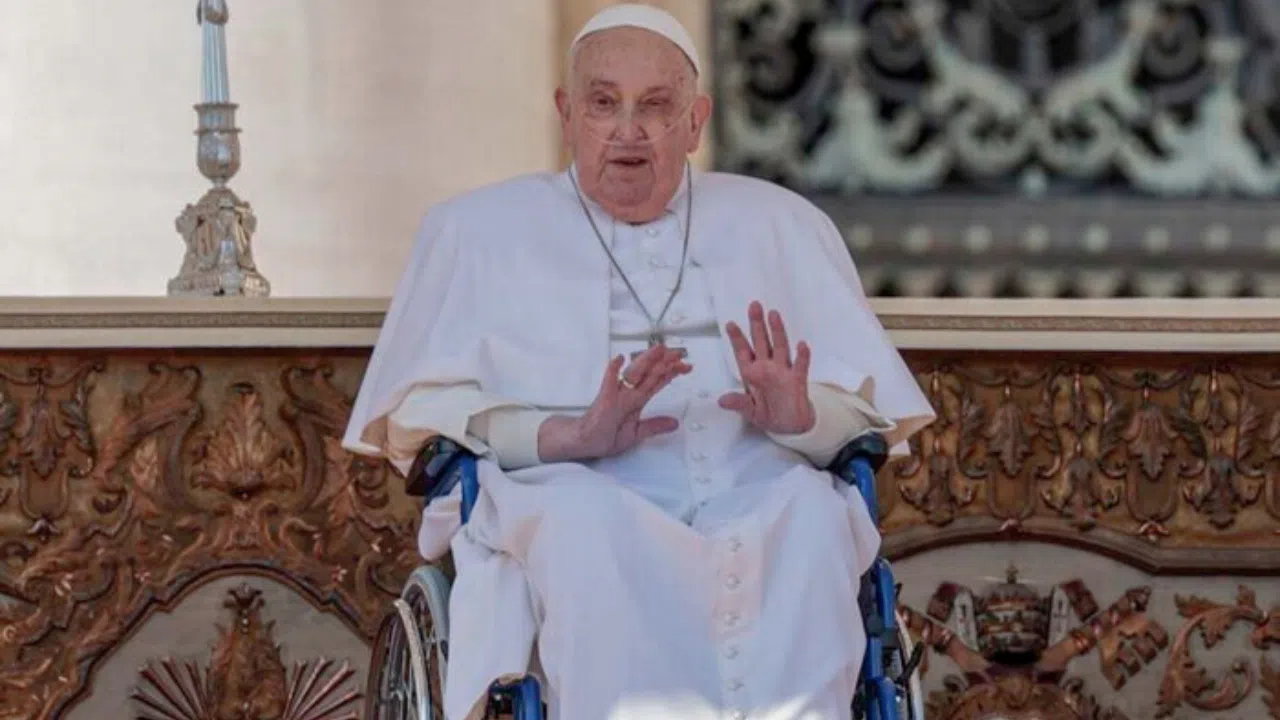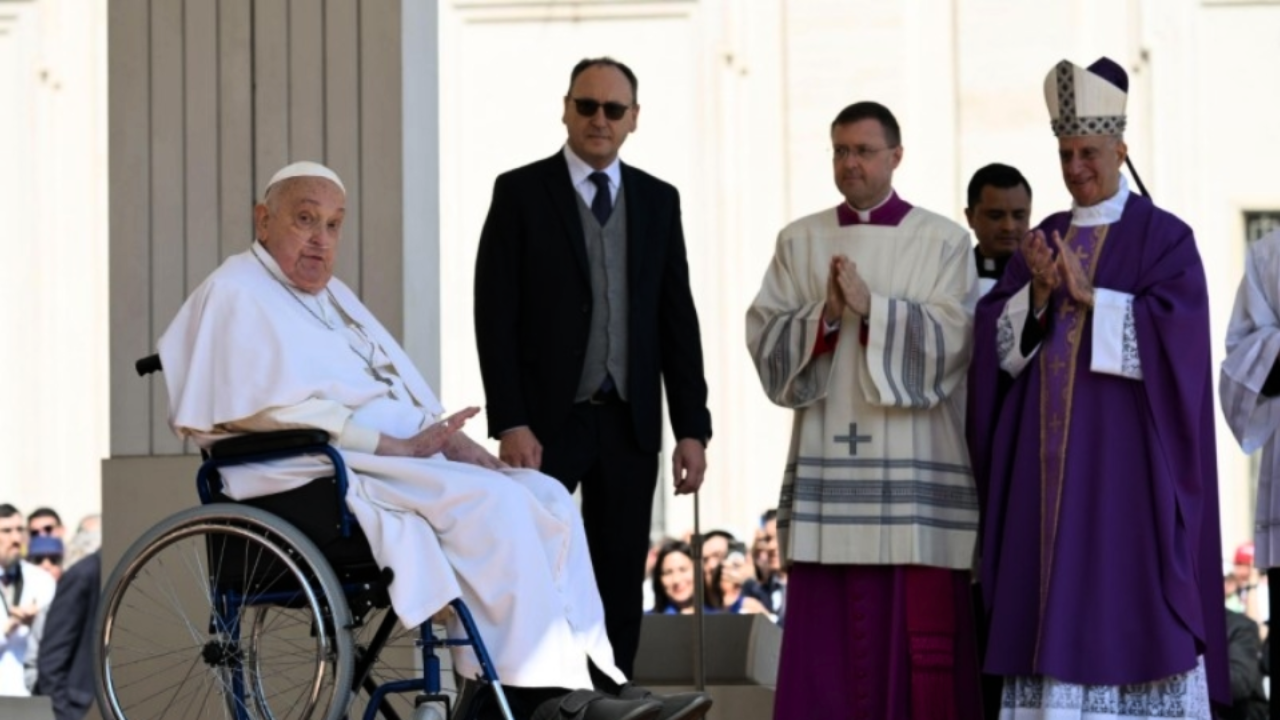The first version of the encyclical Humanae Vitae posed a complicated communication problem that caused Paul VI to review it again.
This is why he destroyed the Latin printed copies before they came to light, thanks to the crucial suggestions by the Secretariat of State translators.
This is what Gilfredo Marengo discovered while researching the Vatican documentation of the late 1960s.
FR. GILFREDO MARENGO
Author, “The birth of an encyclical”
“The role of some young secretaries of the Secretariat of State, now Cardinals Poupard and Martínez Somalo, was significant. They were in charge of translating the official text, which was in Latin, and pointed out that it could not be translated. This was not from the literary point of view but from the content. This objection, apparently banal, was taken into consideration by the Secretariat of State and Paul VI accepted it to the point of asking for changes to the encyclical.”
Humanae Vitae was the result of years of study, research and consultation carried out by the pope. Finding the right argumentation was one of the most difficult challenges. These were the years of the sexual revolution.
For example, the then Archbishop of Krakow, Karol Wojtyla, decided to enter deeply into the debate, because he sensed that the success of Humanae Vitae depended to a large extent on its wording.
FR. GILFREDO MARENGO
Author, “The birth of an encyclical”
“Karol Wojtyla had two things clear: that Paul VI was going to give a fair trial, but at the same time he considered it necessary to give more solid arguments. This was to examine more the anthropology of the relations between a man and woman, as well as human love, that he had already developed in 1958 and 59, when he wrote 'Love and Responsibility.'”
In fact, Karol Wojtyla got directly involved in 1966, when the commission of bishops and cardinals for this encyclical proposed the pope to admit the use of contraceptives in certain cases. Those against contraceptives replied by giving Paul VI another alternative text. Yet, the Archbishop of Krakow still did not agree with this one and wrote still another.
FR. GILFREDO MARENGO
Author, “The birth of an encyclical”
“Karol Wojtyla sent a very significant text to Paul VI, because he reaffirms his position, contrary to what was decided by the commission. However, above all, and this is very interesting, he criticizes the text produced by the minority that opposed the contraceptive pill. He criticizes this text because he says that it doesn't address the anthropological and pastoral problems arising from the use of these methods.”
In Humanae Vitae, Paul VI put forward philosophical and doctrinal arguments such as respect for natural law and respect for women. He warned of the danger that the man,“becomes used to contraceptive practices, may in the end lose respect for his wife, and... will come to the point of considering her a mere instrument of selfish enjoyment, and no longer his respected and beloved companion.”
Gilfredo Marengo explains that Paul VI was fully aware of two things: how difficult it would be to draft the encyclical and that it would not be well received either outside the Church or inside. However, he consciously decided to keep the principle that he considered more Christian.
